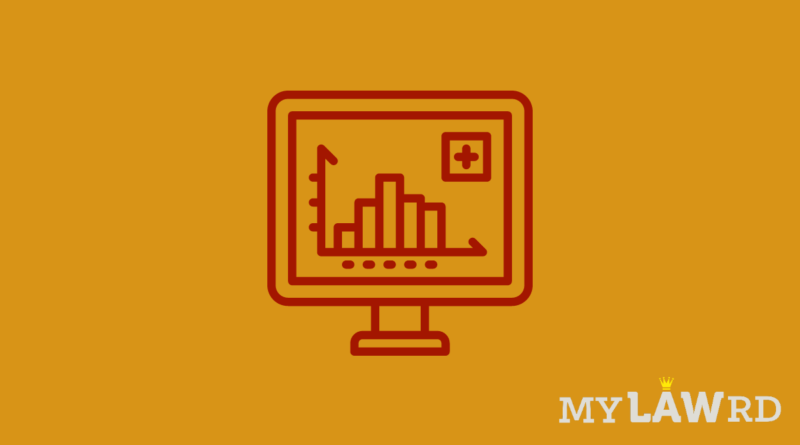Delhi Cabinet approves finances for e-health card project
The Delhi cabinet has given financial approval to the e-health card project, first approved by the cabinet in 2018. The government aims to create a repository of individual medical history which it will connect with a Health Information Management System. Delhi residents can register for the card with government healthcare institutions using their voter ID, HT reported.
What data will the repository store?
The repository will store demographic details of the individual, medical history, and information regarding eligibility under various health schemes of the Delhi government.
However, residents will initially receive a temporary e-health card that will be valid for one year. The government will convert the temporary card to a permanent card only after validating the card holder’s details through surveys.
What will e-health card do?
The project follows Central Government’s Ayushman Bharat scheme. Besides storing individual details and medical history, it will allow citizens and healthcare providers to manage appointments.
The ready access to medical history will enable doctors to identify key clinical information and provide personalized health care services.
The project will launch in 2022.
What about privacy?
The government’s announcement has not clarified the project’s regard for privacy, although it is a massive concern. It’s pertinent to note that health-related data is sensitive personal data as per Information Technology Rules. However, these rules are applicable only to body corporates and not governments.
The issue gains even more importance, given the government plans to issue these e-health cards to newborns and children too. It will link a newborn’s card (up to 1 year of age) with the mother’s health card, and that of children from age 1 to 18 to their parent’s health card.
It is not clear at the moment if the government will also allow private players to access the HIMS and offer medical services.
Do subscribe to our Telegram channel for more resources and discussions on technology law and news. To receive weekly updates, don’t forget to subscribe to our Newsletter.

